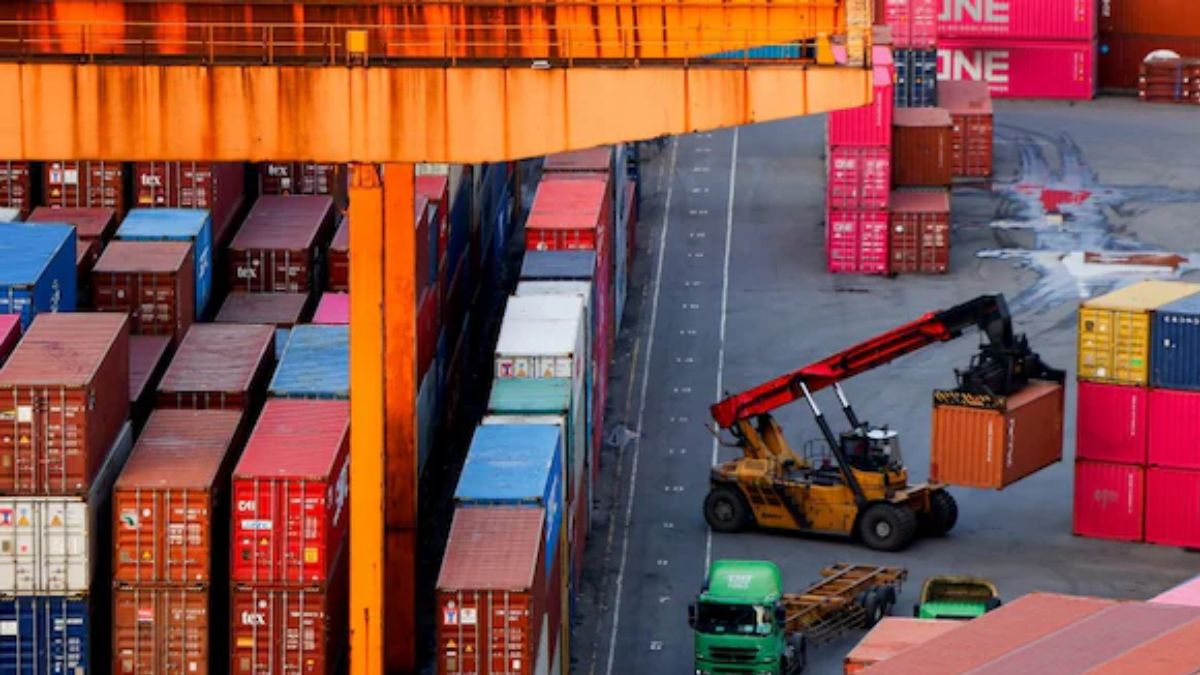As US President Donald Trump secured trade deals with two Asian countries back-to-back, Taiwan is hurrying to get in line and seal its own agreement with Washington as the August 1 deadline nears.
Negotiators from the island-nation reached the US on Wednesday for tariff talks, as the delegation hopes to clinch a deal with US counterparts, a source has told Bloomberg. The fourth round of talks is being attended by Vice Premier Cheng Li-chiun and trade negotiator Yang Jen-ni.
The source said that discussions between the two sides have been “constructive” so far, adding that the final tariff rate will ultimately be decided by Trump.
The Taiwanese delegation’s visit comes as the country’s neighbours successfully reached trade deals with the US as announced by the president.
Japan and Philippines seal the deal
Trump announced Tuesday a “massive” trade deal with Japan. He said that under the deal, “Japan will invest, at my direction, $550 Billion Dollars into the United States, which will receive 90 per cent of the Profits”.
Japanese Prime Minister Shigeru Ishiba said that the autos levy had been cut to 15 per cent, sending Japanese car stocks soaring, with Toyota and Mitsubishi up around 14 percent each. The Nikkei rose 3.5 percent.
Trump agreed Tuesday to reduce threatened tariffs on the Philippines, but only by one percentage point, after what he termed a successful meeting with his counterpart Ferdinand Marcos.
Impact Shorts
More ShortsThe Japan agreement, along with another pact with the Philippines also announced on Tuesday, means Trump has now secured five agreements since his administration promised in April “90 deals in 90 days.”
US-Taiwan trade
Taiwan’s increasing dependence on the US market has heightened its urgency to reduce tariffs. Last year, Taiwan recorded a trade surplus of around $65 billion with the US, driven by strong demand for tech products essential to the AI boom.
In April, Trump imposed a 32 per cent tariff on Taiwanese goods before pausing it. This gave Taipei the time to hammer out a deal with the US.
Taipei had also committed to increasing investment in the US and tightening export control loopholes on high-tech products, an area of concern for Washington as it seeks to limit China’s technological advances amid fears that Beijing could gain a military advantage.
With inputs from agencies


)

)
)
)
)
)
)
)
)



